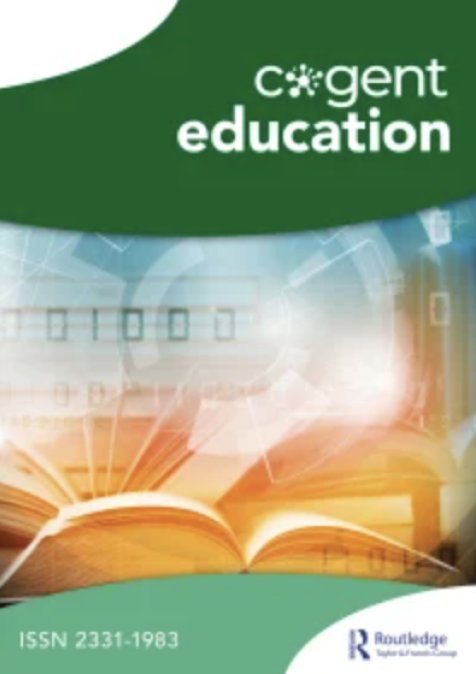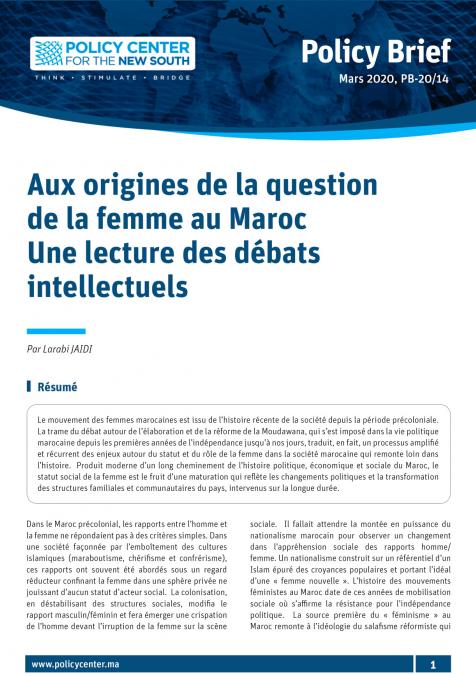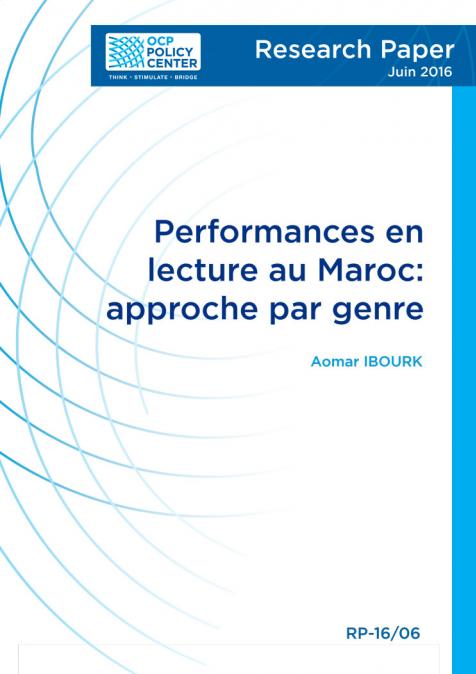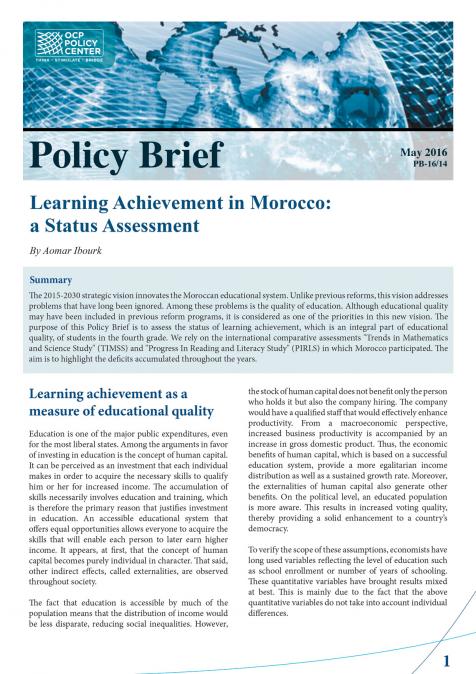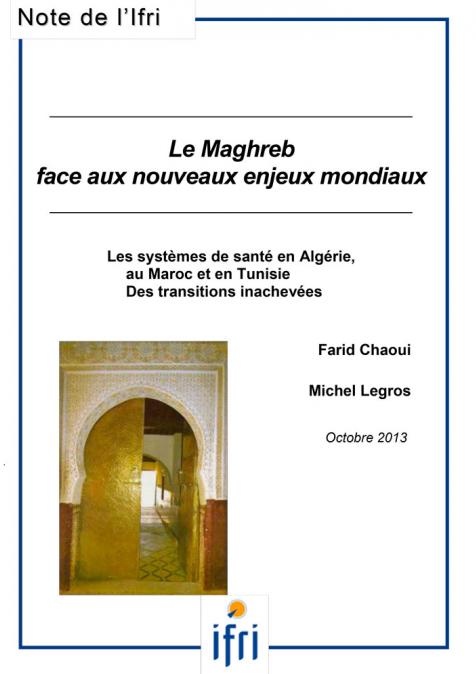Publications /
Paper in Academic Journals
This Paper was originally published on tandfonline.com
The gender gap in education remains a concern for Moroccan policymakers and researchers, yet it is rarely measured quantitatively. This study examines differences in reading and mathematics performance between girls and boys, both at the national level and by place of residence, using PIRLS (2016, 2021) and TIMSS (2015, 2019) data covering 21,129 students. The Blinder-Oaxaca decomposition method is applied to distinguish the explained and unexplained components of the gaps, taking into account student, teacher, and school characteristics.The results reveal a significant advantage for girls in reading, particularly in urban areas, while the gender gap in mathematics is not statistically significant (≈3 points nationally). In reading, about 20% of the gap is explained by observed factors, while 80% remains unexplained. In mathematics, the explained share ranges from 20% in 2015 to 90% in 2019. Preschool attendance, maternal education, and school and teacher characteristics are identified as key determinants of the reading gap at the national and urban levels. By contrast, in rural areas, household conditions along with school and teacher characteristics play a more decisive role.
Impact statement
This paper offers the first quantitative assessment of gender gaps in educational achievement in Morocco using large-scale international surveys (PIRLS and TIMSS). It shows that girls significantly outperform boys in reading, while no significant gender differences are found in mathematics. By applying the Blinder-Oaxaca decomposition, the study identifies the critical role of preschool attendance, maternal education, and school and teacher characteristics in shaping these disparities. The findings provide actionable insights for policymakers seeking to reduce gender inequalities and improve educational outcomes across both urban and rural settings.

